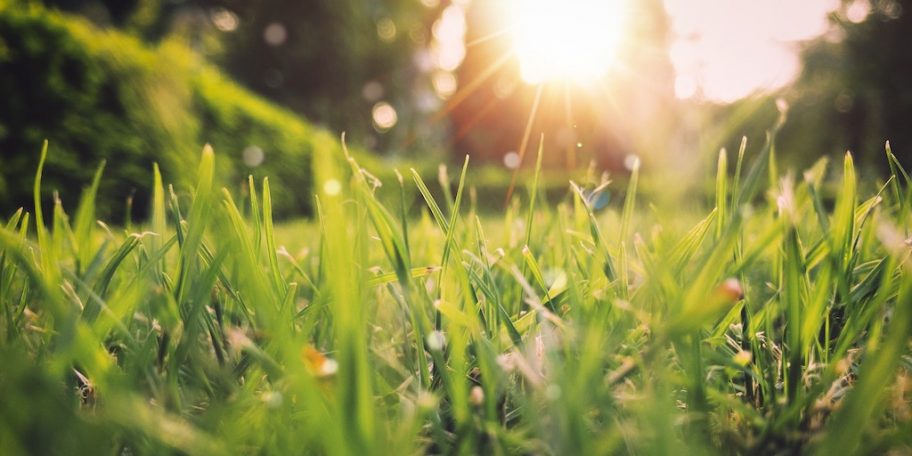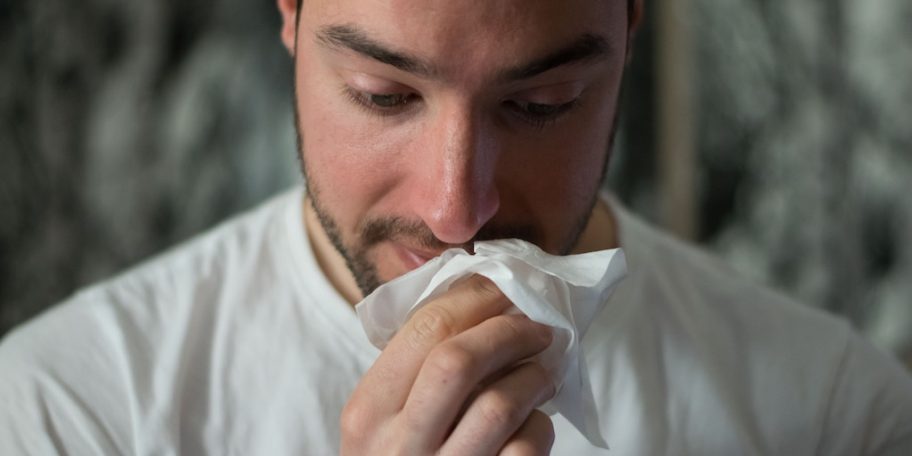Tips on dealing with seasonal allergy: They are small, usually invisible and can make you feel pretty terrible. Pollen grains typically settle in the nose and eyes but sometimes trigger chest symptoms (asthma). The pollen season can come on gradually or can hit with full force — it all depends on the weather. What is sneaky about it is that symptoms can start before the plants bloom, in part because the wind-borne pollen grains may travel hundreds of miles. The spring pollen season consists of 2 parts, an earlier tree pollen phase follow by grass pollen. Birch tree is a major culprit and Birch allergy is also a common cause of a mild but very annoying food allergy (oral allergy syndrome). Grass emerges in the late spring (May-June) but in recent years may also extend through the summer. For many patients though symptoms taper off by mid-July have resolved but for some they come right back towards the end of summer thanks to Ragweed, the major fall pollen. These are some simple measures to take first before seeking medical attention for your allergy symptoms.
Do’s and Dont’s
- DO minimize early morning activity when pollen is usually emitted (5-10 a.m.).
- DO keep your car windows closed when traveling.
- DO try to stay indoors when the pollen count or humidity is reported to be high, and on windy days when dust and pollen are blown about.
- DO take medications prescribed by your allergist or medical provider regularly, in the recommended dosage.
- DO rinse your nose with nasal saline rinse to rid it of pollen, especially after going outside. You can spray with salt water as often as you like. You can also rinse your eyes with sterile saline eye drops.
- DO Wash That Mustache! Twice daily mustache washing can reduce symptoms by washing away trapped pollen.
- DON’T take more medication than recommended in an attempt to lessen your symptoms.
- DON’T mow lawns or be around freshly cut grass since mowing stirs up pollens and mold spores.
- DON’T rake leaves, as this also stirs up mold spores.
- DON’T hang sheets or clothing out to dry. Pollens and molds may collect in them.
- DON’T grow too many, or over-water, indoor plants if you are allergic to mold. Wet soil encourages mold growth.
- DON’T exercise outdoors if your allergies are already bothering you.
If antihistamines and nasal steroids (e.g. Flonase) do not work then it’s time to see an allergist. The treatment options from there include a couple of additional medications (which can pile up-extra nasal sprays, eye drops and pills) or allergy immunotherapy (allergy shots) which help reduce sensitivity to allergens.


